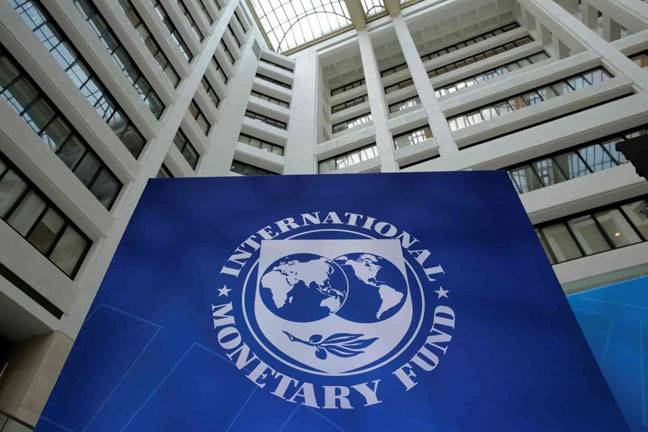ISLAMABAD - The International Monetary Fund (IMF) has apparently set conditions of increasing power and gas tariffs for Pakistan amidst perception that country will approach the Fund for bailout package within next one month.
Pakistan has not decided yet to take new loan programme from the IMF to avert the balance of payment crisis. However, the current talks may pave way for the country to enter into fresh programme with the international lender. A team from IMF, led by Harald Finger, visited Islamabad from September 27-October 4, 2018 to discuss Pakistan’s economic situation and exchange views on necessary policies for economic stabilization and sustainable and inclusive growth.
Background discussions with the officials revealed that Pakistan has left with fewer options than going into IMF programme as the foreign exchange reserves are depleting sharply. The country’s foreign exchange reserves had fallen to $8.4 billion (held with SBP), which are enough to cover only one and half month’s imports bill. Meanwhile, Pakistan would have to repay $1.2 billion in next couple of months, which would further erode the reserves. “The situation indicates that Pakistan would approach IMF for bailout package within one month period,” said an official. He added that government is looking to China and Saudi Arabia before formally requesting the Fund for bailout package.
However, the IMF statement, which was released after completion of its visit, said that Pakistan would have to increase electricity and gas prices. “Pakistan is facing an increasingly difficult economic situation, with high fiscal and current account deficits, and low international reserves. This mostly reflects the legacy of an overvalued exchange rate, loose fiscal policy and accommodative monetary policy. The fast rise in international oil prices, normalization of US monetary policy, and tightening financial conditions for emerging markets are adding to this difficult picture. In this environment, economic growth will likely slow significantly, and inflation will rise,” the IMF mission chief stated in a statement.
“The team welcomes the policy measures implemented since last December. These include 18 percent cumulative depreciation of the rupee, interest rate increases of cumulatively 275 bps, fiscal consolidation through the budget supplement proposed by the minister of finance, a large increase in gas tariffs closer to cost recovery levels, and the proposed increase in electricity tariffs. These measures are necessary steps that go in the right direction.”
“Additional decisive policy action, anchored in a comprehensive strategy, and significant external financing will be needed in the near term. Policies should include more exchange rate flexibility and monetary policy tightening, further fiscal adjustment anchored in a medium-term consolidation strategy, and strengthening the performance of key public enterprises together with further increases in gas and power tariffs. Together, these steps would help reduce current account pressures and improve debt sustainability. Importantly, to protect the more vulnerable segments of society, there is a need to further strengthen social protection through the Benazir Income Support Program. These policies will help stabilize the economy and lay the foundations for sustainable and inclusive growth,” it said.
Once stabilization is beginning to take hold, the focus should increasingly shift to reforms to foster sustained and inclusive growth and strengthen key institutions. Priority areas include modernizing the tax system and public financial management, strengthening fiscal federalism arrangements, improving governance and eliminating losses of public enterprises, enhancing the SBP’s autonomy, intensifying AML/CFT efforts, improving the business climate and anti-corruption efforts, and fostering the economic inclusion of the poor, youth, and women.






